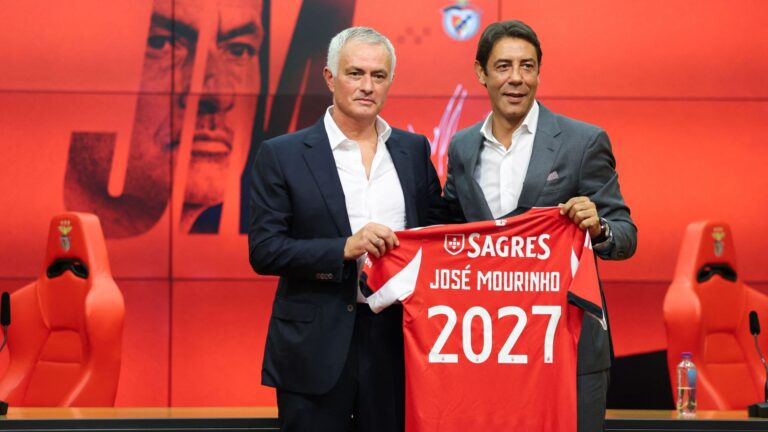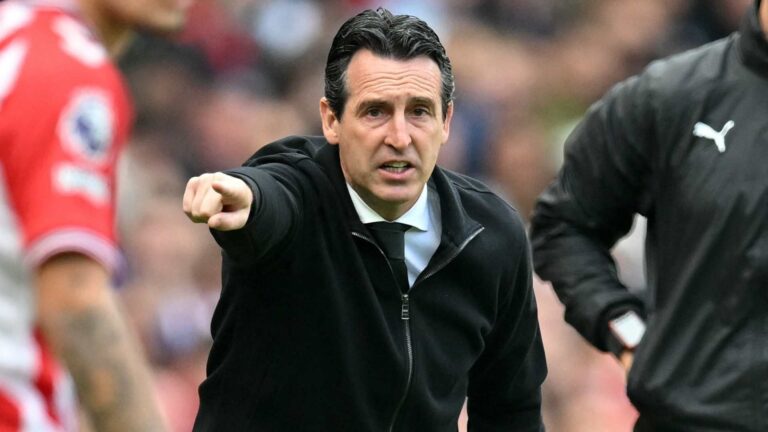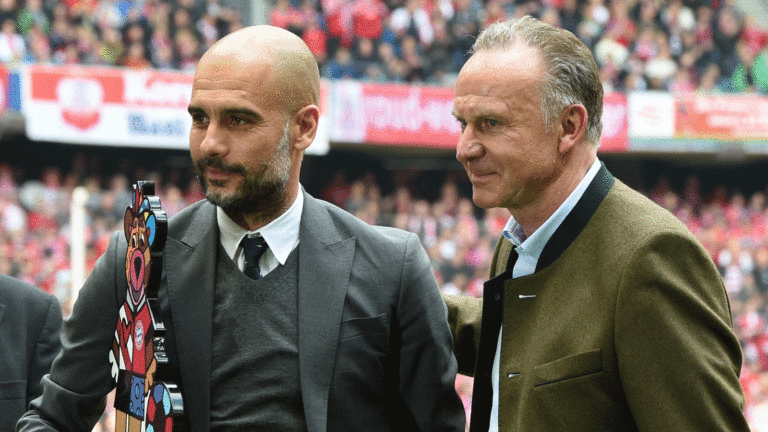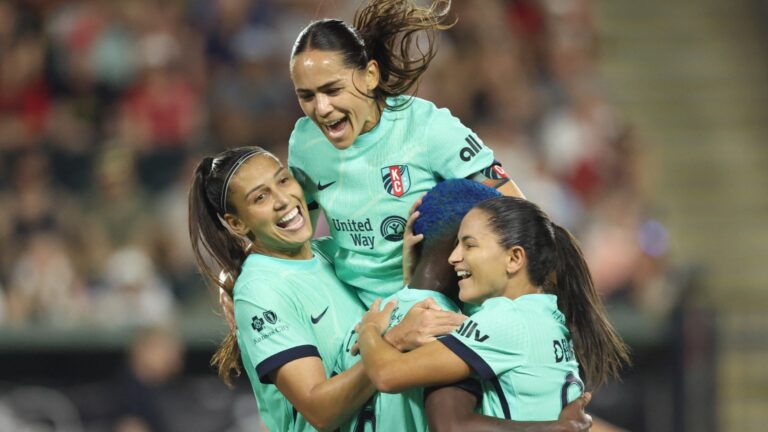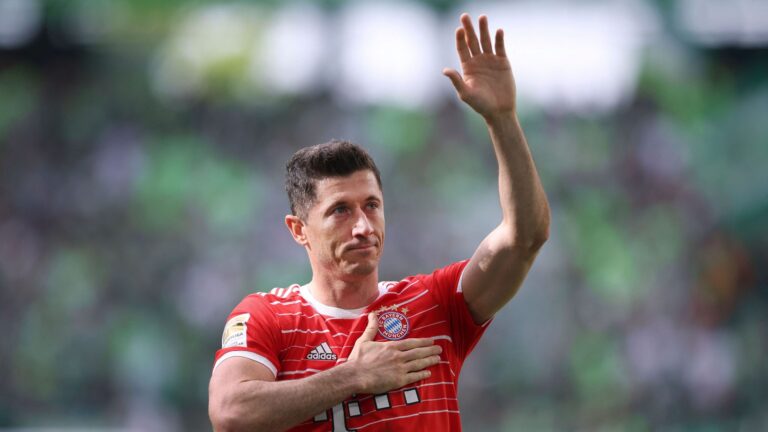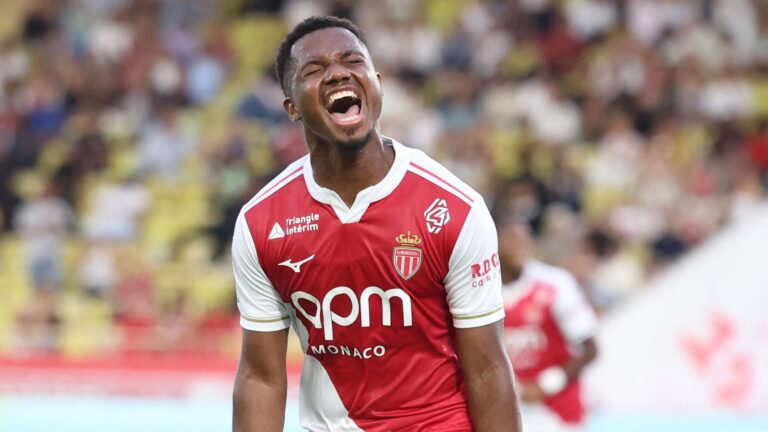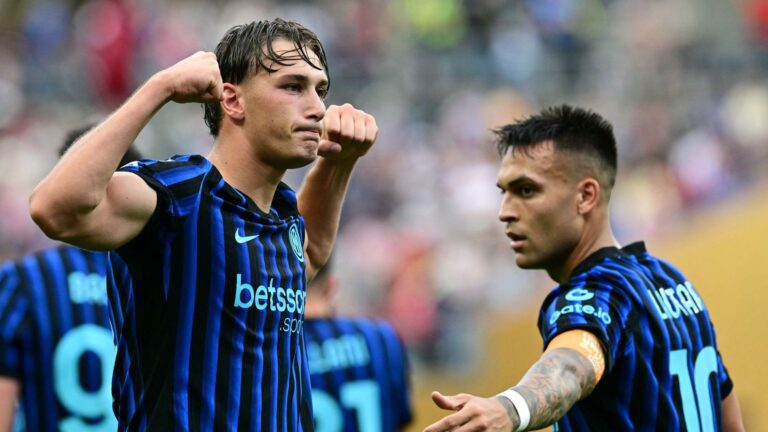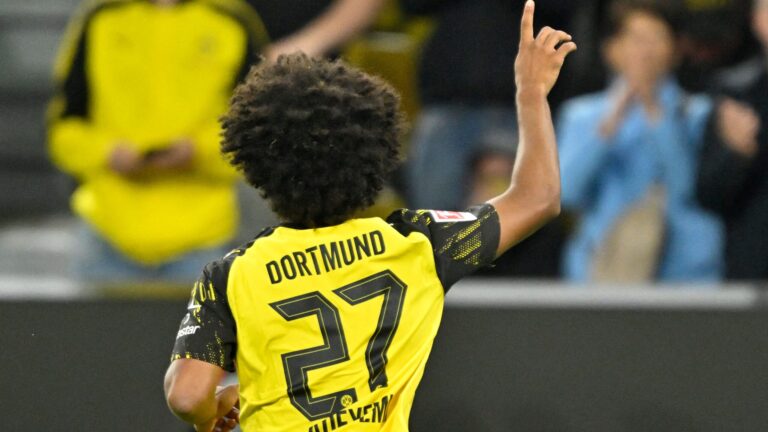Vinicius Junior’s Outburst Raises Concerns Amid Real Madrid’s Dominant Win
Renowned for his electrifying pace and skill on the pitch, Vinicius Junior recently drew scrutiny for his heated reaction during a match, highlighting potential issues with player-coach dynamics at Real Madrid. This incident underscores the pressures faced by top athletes, even as the team continues to excel in La Liga.



The Match Dynamics and Key Substitution
During Real Madrid’s commanding performance against Espanyol, the team secured a straightforward victory thanks to impressive strikes from defenders like Eder Militao and star forward Kylian Mbappe, adding to their growing points tally in the league. However, Vinicius Junior, eager to contribute more, showed clear frustration when he was pulled from the game in favor of teammate Rodrygo late in the second half-a move that shifted the game’s momentum toward greater stability.
Expert Analysis from a Former Real Madrid Insider
Jorge Valdano, who has worn many hats at Real Madrid including player, coach, and executive, shared his insights on a sports broadcast, pointing out that Vinicius Junior‘s recent demeanor reflects a dip in form compared to his peak. “It’s evident that both the player and the coaching staff have evolved, and now the priority is for him to elevate his game before rebuilding trust with the manager,” Valdano remarked, emphasizing the need for personal growth.
He further cautioned that such public displays of discontent can be detrimental, drawing from examples like high-profile athletes who have faced similar backlash for on-field temper flare-ups. “These behaviors aren’t beneficial in the long run,” he added, noting that Vinicius Junior has enjoyed immense backing from the club and fans, who once rallied against external criticism. Yet, with his frustrations now directed inward at team leadership, Valdano warned that loyalty to the club often overshadows individual egos, advising the player to show more restraint to avoid seeming disrespectful to incoming substitutes.
Coach’s Perspective on the Tactical Choice
Reasons Behind the Swap and Player Reactions
Real Madrid’s head coach, Xabi Alonso, justified the decision to replace Vinicius Junior alongside Franco Mastantuono, explaining that the substitution aimed to inject fresh energy and maintain control as the match progressed. “He didn’t find the net today,” Alonso noted, suggesting that introducing wing players could enhance the team’s flow. “Though he and Franco performed well, the contest required a shift for better possession-we’re in for a grueling season, so rotations are essential.”
Alonso acknowledged the visible irritation from both players, likening it to common scenarios in elite sports where substitutions can feel untimely. “Everyone experiences this; I’m satisfied with their efforts, but the long campaign demands strategic changes,” he said, stressing the importance of squad depth. Recent updates show Vinicius Junior netting three goals in his last eight outings this season, building on his streak of surpassing 20 goals over the previous four years, yet expectations remain high as he steps into a more prominent leadership role at the Bernabeu.
Vinicius Junior’s Ongoing Development and Future Prospects
As a key figure who narrowly missed out on major individual honors like the Ballon d’Or last year, Vinicius Junior is under the microscope to deliver consistency. At 25, he embodies the blend of talent and responsibility expected at Real Madrid, with current league stats indicating a slight uptick in assists alongside his goals, positioning him as a vital asset amid evolving team strategies.
The Outburst During the Espanyol Victory
In the high-stakes world of football, emotions can run high, and that’s exactly what happened during Real Madrid’s victory over Espanyol. Vinicius Junior, the Brazilian winger known for his electrifying speed and skill, found himself in the spotlight for all the wrong reasons. During the match, he directed an outburst at Xabi Alonso, the former Real Madrid midfielder who has since transitioned into a respected manager. This incident has sparked widespread discussion about player behavior and its long-term consequences.
Vinicius Junior’s reaction stemmed from a heated moment on the pitch, possibly fueled by frustration or competitive intensity. Eyewitnesses and replays showed him exchanging words with Alonso, who was managing Espanyol at the time. While such outbursts aren’t uncommon in football, they can highlight deeper issues like stress management or team dynamics. This event has drawn attention from fans, analysts, and even former players, emphasizing the need for emotional control in Vinicius Junior’s career.
Warnings from a Former Real Madrid Manager
A former Real Madrid manager, whose tenure at the club is legendary, recently issued a stern warning to Vinicius Junior about his unhealthy attitude. This manager, with years of experience handling top talents, pointed out that such behavior could hinder not just individual performance but also team morale. He stressed that football stars like Vinicius Junior need to channel their passion positively to avoid alienating teammates and opponents.
This advice comes from firsthand experience in the dugout, where the manager dealt with similar situations involving high-profile players. By drawing on his own history with Real Madrid, he highlighted how uncontrolled outbursts can lead to disciplinary actions, such as fines or suspensions, ultimately affecting a player’s reputation and market value. Keywords like “Vinicius Junior outburst” and “unhealthy attitude in football” are central to this discussion, as they reflect the broader challenges young athletes face in maintaining composure under pressure.
The warning serves as a reminder that even stars at Real Madrid must evolve beyond raw talent. It’s not just about scoring goals; it’s about building a sustainable career. This insight from a former manager adds depth to the conversation, encouraging Vinicius Junior to reflect on his actions during the Espanyol victory.
The Impact of Unhealthy Attitudes in Football
Unhealthy attitudes, like the one displayed by Vinicius Junior, can ripple through a player’s career and beyond. In football, where every match is scrutinized, an outburst can lead to media backlash, fan disappointment, and even strained relationships with coaches like Xabi Alonso. This isn’t isolated to Vinicius Junior; many players have faced similar pitfalls, but learning from them is key.
From a psychological standpoint, unchecked emotions can affect focus and decision-making on the field. For instance, if Vinicius Junior continues down this path, it might impact his performance in crucial games, potentially costing Real Madrid valuable points. Experts in sports psychology often link such behaviors to broader issues like burnout or inadequate mental health support, making it essential for clubs to address these early.
Key Factors Contributing to Outbursts
Several factors can contribute to an unhealthy attitude in high-pressure environments:
- Intense competition and rivalry on the pitch.
- Personal frustrations, such as missed opportunities or injuries.
- External pressures from media and social media scrutiny.
Understanding these elements helps players like Vinicius Junior develop better coping strategies, ensuring they stay at the top of their game without derailing their progress.
Benefits of a Healthy Mindset in Football
Adopting a healthier mindset offers numerous advantages for football players, helping them navigate challenges like the one faced during the Espanyol victory. A positive attitude not only enhances on-field performance but also fosters better relationships off the pitch.
- Improved Team Dynamics: When players maintain composure, it builds trust among teammates, leading to more cohesive play.
- Long-Term Career Stability: Avoiding outbursts can prevent suspensions and keep a player’s record clean, preserving endorsement deals and fan support.
- Enhanced Mental Resilience: A healthy mindset equips athletes to handle criticism and setbacks, turning potential weaknesses into strengths.
- Better Physical Performance: Reduced stress from emotional control can lead to fewer injuries and more consistent energy levels during matches.
For Vinicius Junior, embracing these benefits could mean a more fulfilling career, much like what former Real Madrid managers have advocated for their stars.
Practical Tips for Managing Emotions on the Field
If you’re a football enthusiast or even an aspiring player, learning how to manage emotions is crucial. Drawing from the situation with Vinicius Junior, here are some practical tips that can be applied directly:
- Practice Mindfulness Techniques: Before games, try deep breathing or meditation to stay centered and reduce the likelihood of an outburst.
- Seek Professional Guidance: Work with sports psychologists, as many Real Madrid players do, to develop personalized strategies for handling pressure.
- Review and Reflect: After matches, analyze your actions-like Vinicius Junior did post-Espanyol-to identify triggers and plan better responses.
- Build Strong Support Networks: Surround yourself with mentors, such as former managers or experienced teammates, who can offer advice based on their firsthand experiences.
- Focus on the Bigger Picture: Remember that one moment doesn’t define your career; channeling energy into positive play can lead to greater successes.
These tips, inspired by real-world scenarios in football, can help players like Vinicius Junior turn potential negatives into opportunities for growth.
Case Studies from Football History
Looking at past examples provides valuable lessons for current players. One notable case is Cristiano Ronaldo, another Real Madrid star, who faced criticism for on-field temperaments early in his career but worked on his attitude to become a global icon. His transformation highlights how addressing unhealthy behaviors can lead to unparalleled success.
Another example involves Zinedine Zidane, a former Real Madrid manager himself, whose infamous headbutt in the 2006 World Cup final serves as a cautionary tale. Zidane later reflected on this in interviews, emphasizing the importance of emotional control. These case studies show that even legends aren’t immune, but learning from mistakes, as Vinicius Junior is being urged to do, can redefine a player’s legacy.
By examining these instances, we see how warnings from figures like former Real Madrid managers can steer players toward healthier paths, ensuring their talents shine without unnecessary drama.


